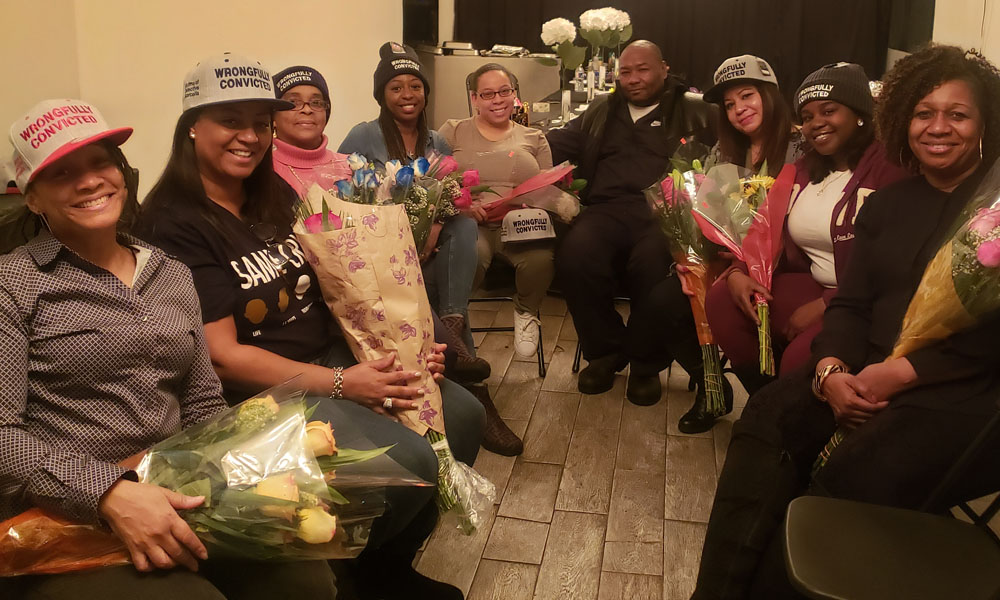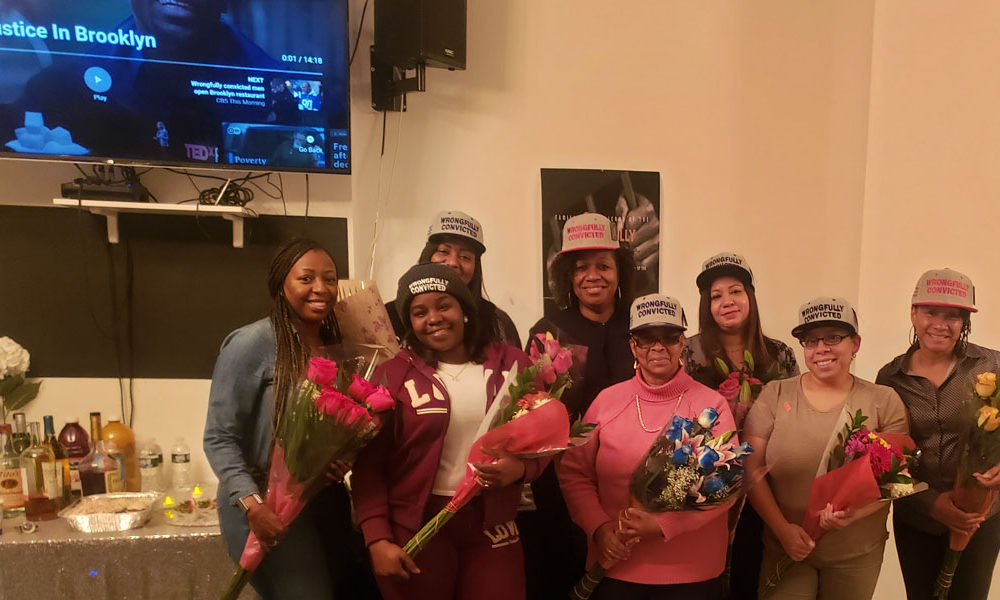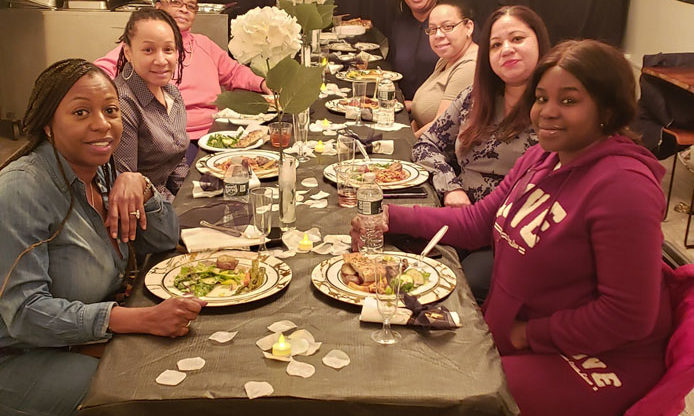Families of the Wrongfully Convicted is a grassroots advocacy effort to raise public awareness about the incidence of wrongful convictions, the plight of families of those who are currently incarcerated, and provide support to men and women who have been paroled and those exonerated.
Our mission includes supporting policies and procedures on the local, state and federal level which will help prevent future wrongful convictions. To identify those elements that lead to wrongful convictions and seek criminal justice reform.
We seek to be a resource to families of those who currently reside in prison, as well as for those men and women who have been recently released, providing advice and help with issues that impact the ability to successfully re-enter society. We also wish to and help those individuals who continue seek to overturn their convictions.
Finally, we seek to network with other criminal justice reform groups and those organizations working on behalf of the wrongfully convicted.
BREAKING NEWS:
New York legal team helps Louisiana man gain freedom after 44 years
Donald Trump commuted James Rosemond’s sentence, but he was never released. Habeas corpus petition filed. Read more…
Accomplishments
- Uncovered the corruption of NYPD detective Louis Scarcella which was featured in New York Times articles
- Instrumental in overturning many wrongful convictions
- Works to exonerate others still in prison or on parole
- Plays a leadership role in criminal justice reform in New York City and New York State
Recommendations
FFWC Recommendations for Criminal Justice Reform: New York City Elected Officials Must Take a Leadership Role in Criminal Justice Reform
New York City has paid hundreds of millions of dollars in civil settlements to the wrongfully convicted in recent years. Yet, the City, the office of the Mayor, and other elected officials have had little or no voice in wrongful conviction matters.
Read more»
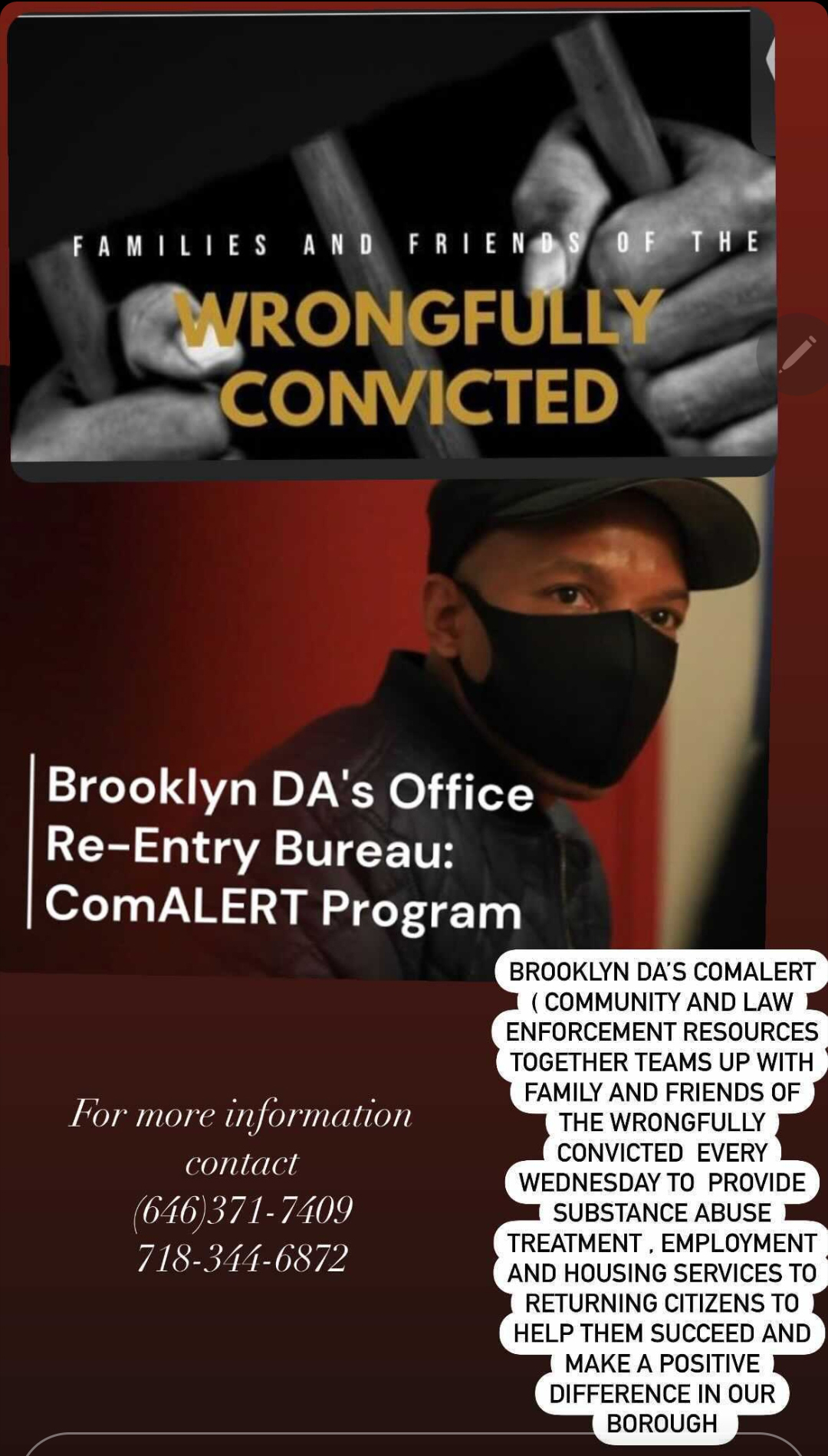
Brooklyn DA’s Re-Entry Bureau
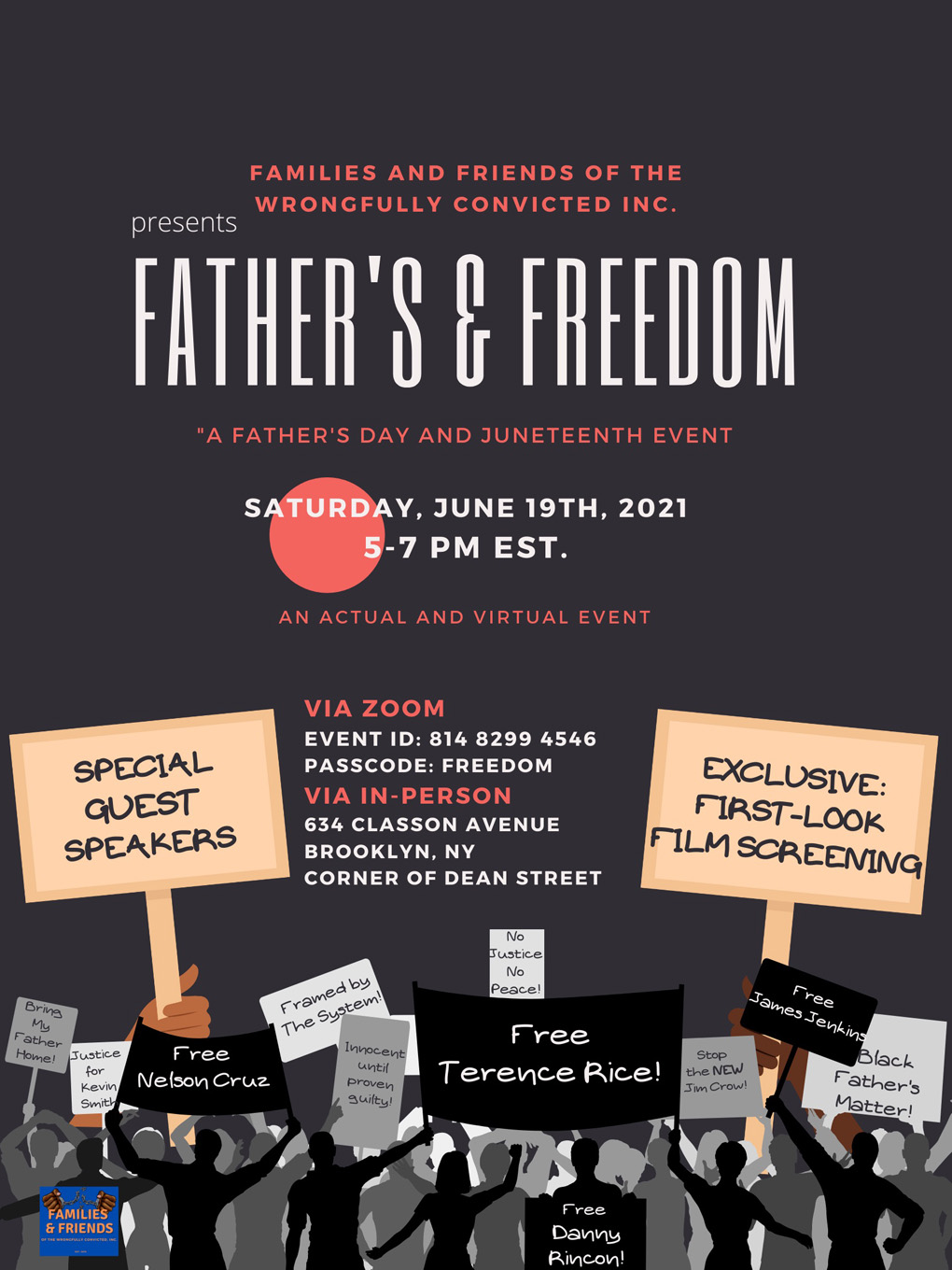
Juneteenth Celebration
Solitary Confinement: A film reenactment
Nelson Cruz – Incarcerated
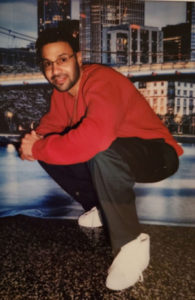 Nelson Cruz, Victim of Notorious NYPD Detective Louis Scarcella, Fights to Overturn Conviction
Nelson Cruz, Victim of Notorious NYPD Detective Louis Scarcella, Fights to Overturn ConvictionUpdate: Court Denies Nelson Cruz Innocence Claims
Nelson Cruz was 16 years old in 1998, when he willingly went to the 75th precinct in East New York to answer cops' questions about a street murder. He has never made it out of prison since that day. Twenty-two years later, he remains behind bars in New York State for a crime he never committed and one that was actually witnessed by two NYPD patrol officers.
NYPD officers actually witnessed the murder of and arrested a "male Hispanic with a ponytail” who they saw killing Trevor Vierra on March 28, 1998. On April 3, 1998, Nelson Cruz was arrested for the murder of Trevor Vierra.
Read more»Vincent Simmons – Incarcerated
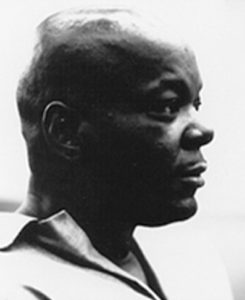 In 1977, two 14 year-old girls that were twins in Avoyelles Parish, Louisiana, a small community in the center of the state with an ugly history of racism, alleged that they were brutally raped and kidnapped along with their 18 year old male cousin, by an unknown Black man. They could not provide many details when they went to the police two weeks after the attack. There were no corroborating witnesses, and no evidence at all of a rape and kidnapping.
In 1977, two 14 year-old girls that were twins in Avoyelles Parish, Louisiana, a small community in the center of the state with an ugly history of racism, alleged that they were brutally raped and kidnapped along with their 18 year old male cousin, by an unknown Black man. They could not provide many details when they went to the police two weeks after the attack. There were no corroborating witnesses, and no evidence at all of a rape and kidnapping.
Read more»Kevin Smith – Paroled, awaiting exoneration
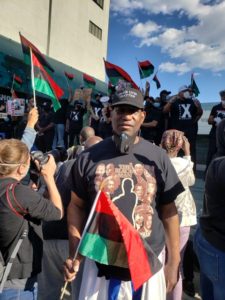 Kevin Smith was paroled in 2012 after serving 27 years in prison for a crime he did not commit. He is now seeking a new trial based upon new evidence of his innocence before Kings County Supreme Court Justice Miriam Cyrulnik. His case has languished in the Kings County DA’s Conviction Review Unit for five years.
Kevin Smith was paroled in 2012 after serving 27 years in prison for a crime he did not commit. He is now seeking a new trial based upon new evidence of his innocence before Kings County Supreme Court Justice Miriam Cyrulnik. His case has languished in the Kings County DA’s Conviction Review Unit for five years.On October 15, 1987, Kevin Smith was convicted of murder based solely on the testimony of a single witness whose credibility was dubious at best. Although Smith did not know the witness, at trial the witness stated that he knew Smith prior to the crime. However, during the initial police interview on the night of the crime, the witness did not provide the name(s) of any suspect(s).
Read more»Familes Connecting
Families are the front line of support for the victims, but they also need their own support group.
Read more»
